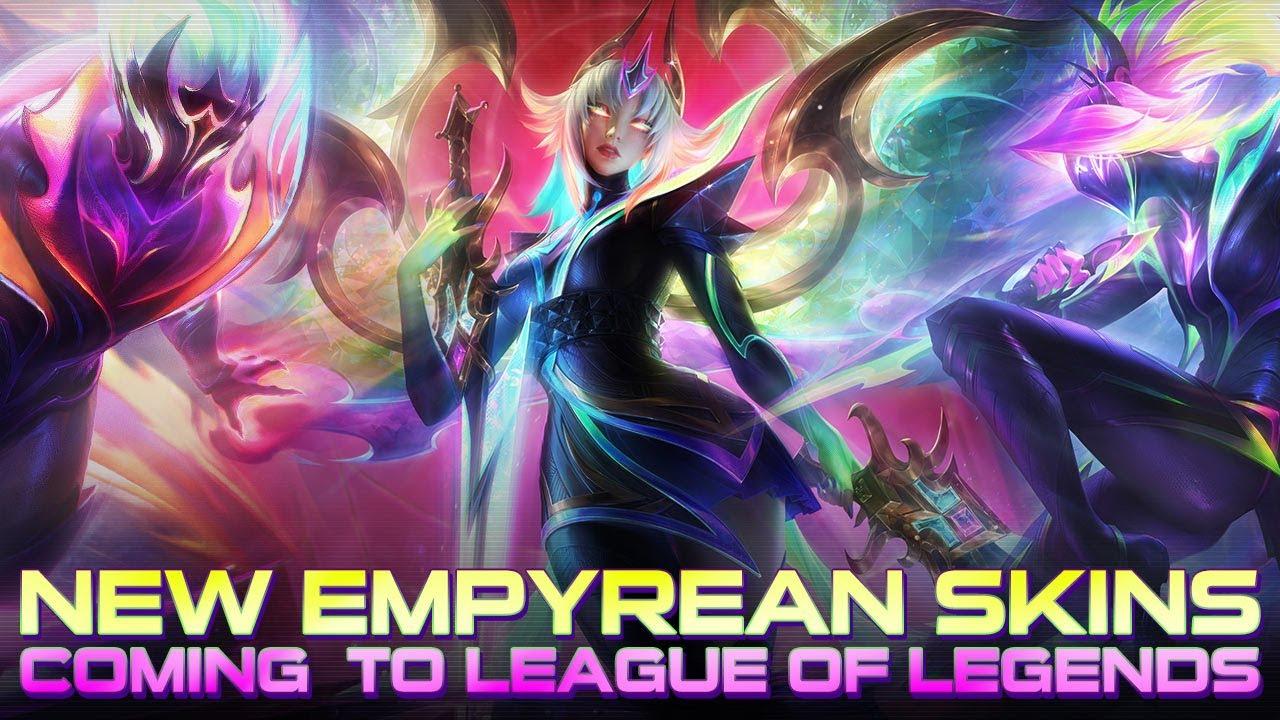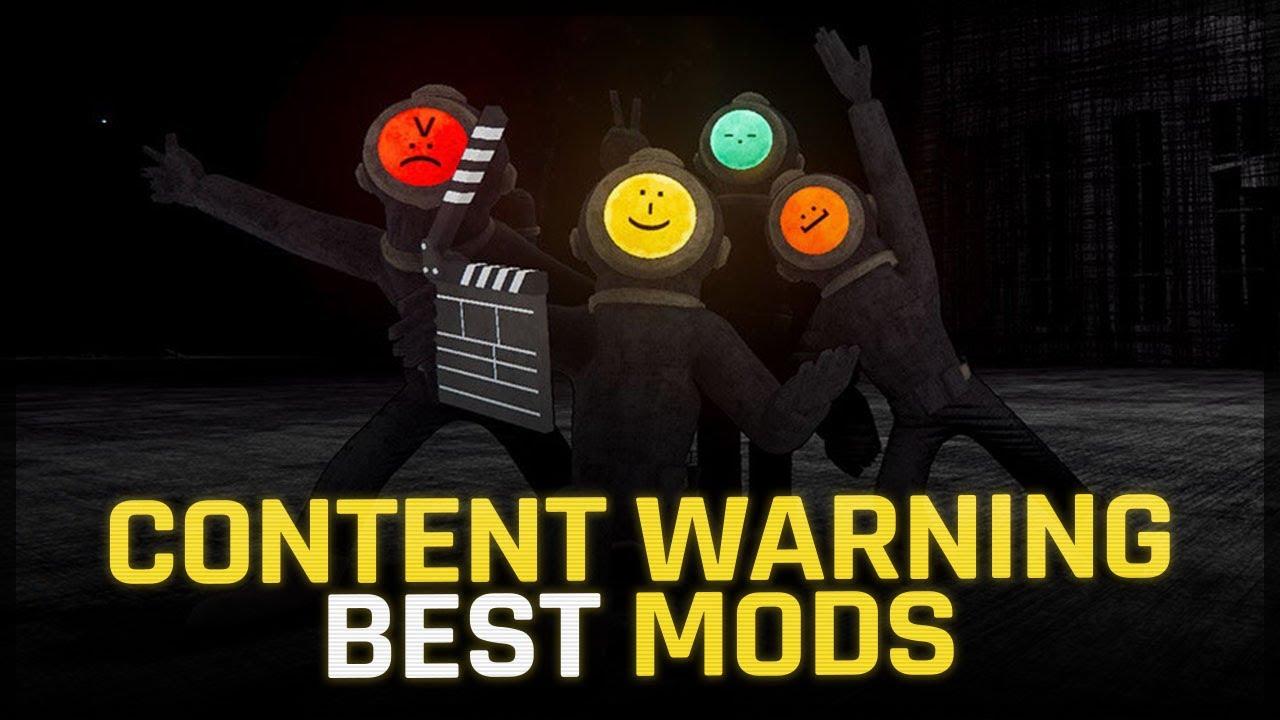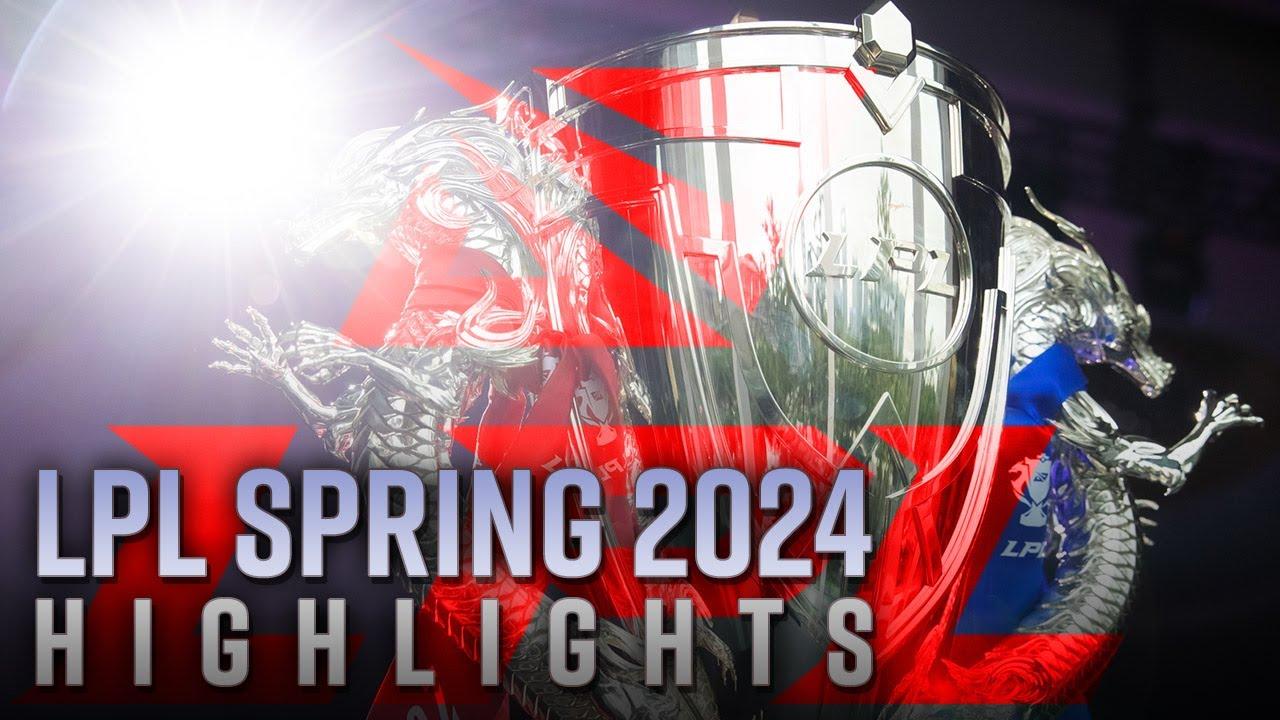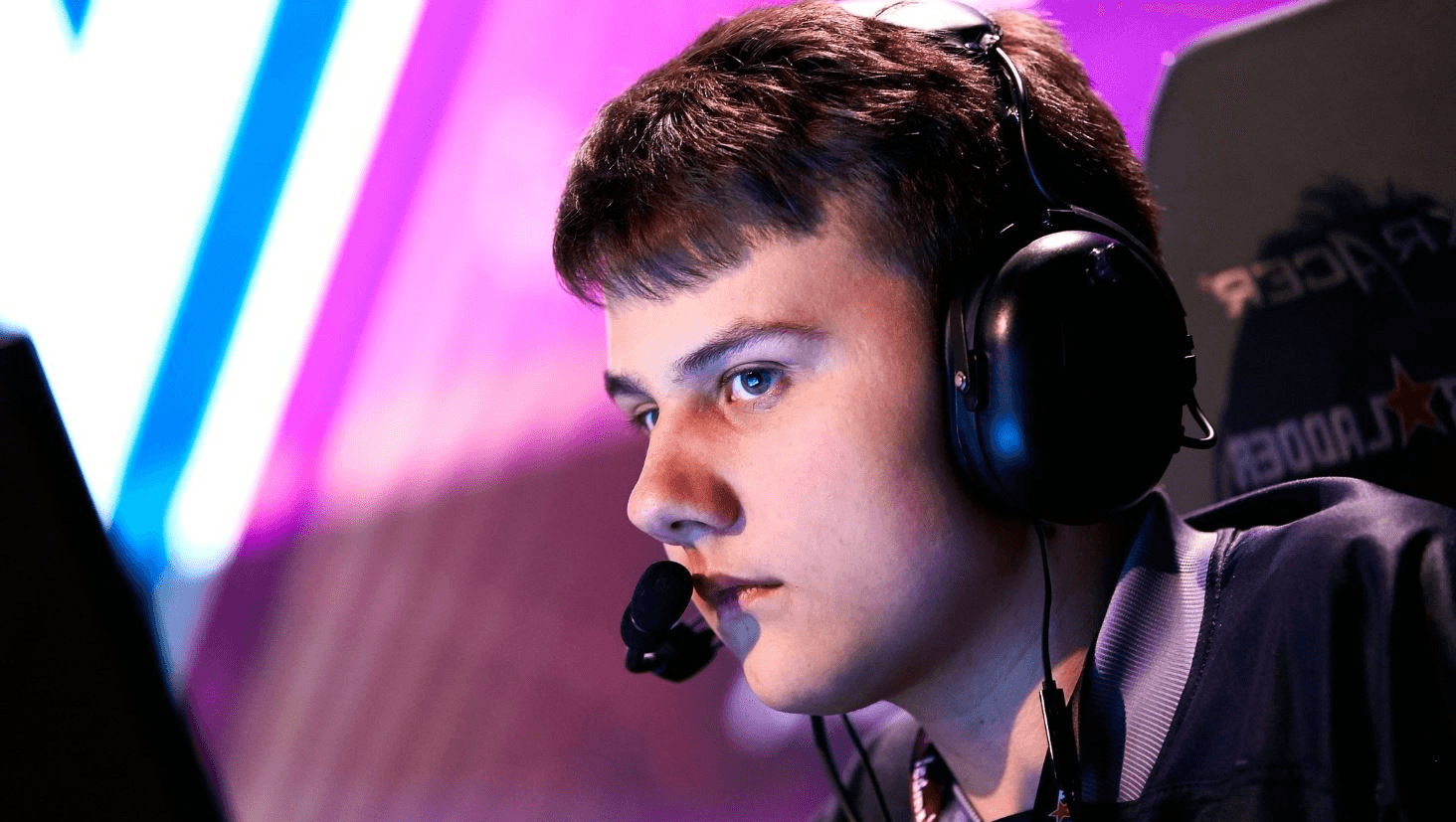
This Dota 2 pro just played 152 games in only 8 days
Professional Dota 2 players spend much more time in the game than the average casual. Some take this to an extreme. Then there’s what Igor “iLTW” Filatov has been doing.
According to WePlay!, the former Virtus.pro carry has played 152 games of Dota 2 in the span of just eight days. That averages out to 19 games of Dota 2 per day during that stretch, which means he’s been playing over 11 hours per day over those eight days. This does not include time spent queuing, which means he is likely spending at least 13 hours per day in-game, if not even more.
iLTW продолжает играть очень много пабов в день. Так, за 8 дней он сыграл 152 матчей, в среднем 19 за сутки pic.twitter.com/0leDiF7gIi
— WePlay Esports RU (@weplay_ru) December 10, 2020
iLTW plays an extreme number of games according to WePlay
That sounds extreme, and even within the realm of pro Dota 2 players it stands out in a big way. According to WePlay!, Danil “Dendi” Ishutin is the second most active player during this stretch with 88 games, which is just more than half of the games played by the prolific iLTW. In third place are Ivan Borislavov “MinD_ContRoL” Ivanov and Idan “MagicaL” Vardanian at 79 games, and it isn’t long before pro Dota 2’s most active players are playing less than half the games of iLTW.
Though this level of activity in Dota 2 likely isn’t healthy for iLTW in the long term, it seems to be having a positive effect on his play in the short term. After being benched by Virtus.pro in September, iLTW joined Live to Win, a squad of teamless CIS veterans. Though the team’s initial outings were underwhelming, they have since been solid in EPIC League’s lower division.
iLTW has been a big part of that, and could find himself competing for a serious contender in the CIS region when the Dota Pro Circuit returns in 2021.
How much do pro gamers practice?
Practice regimen and recovery periods vary wildly from game to game and player to player. Though iLTW’s crush of games over the last week is an outlier, Dota 2 players often spend more than 40 hours per week in the game practicing. This doesn’t account for the brutal travel schedules that some esports have.
Streaming is also a difficult career. Though it doesn’t have the same demands that esports have in terms of posting positive results through direct competition, the subscriber-focused monetization system of Twitch and similar platforms forces streamers to spend extensive amounts of time on-air. This has seen many top streamers discuss the difficulties they face in making a living on Twitch.
Recommended
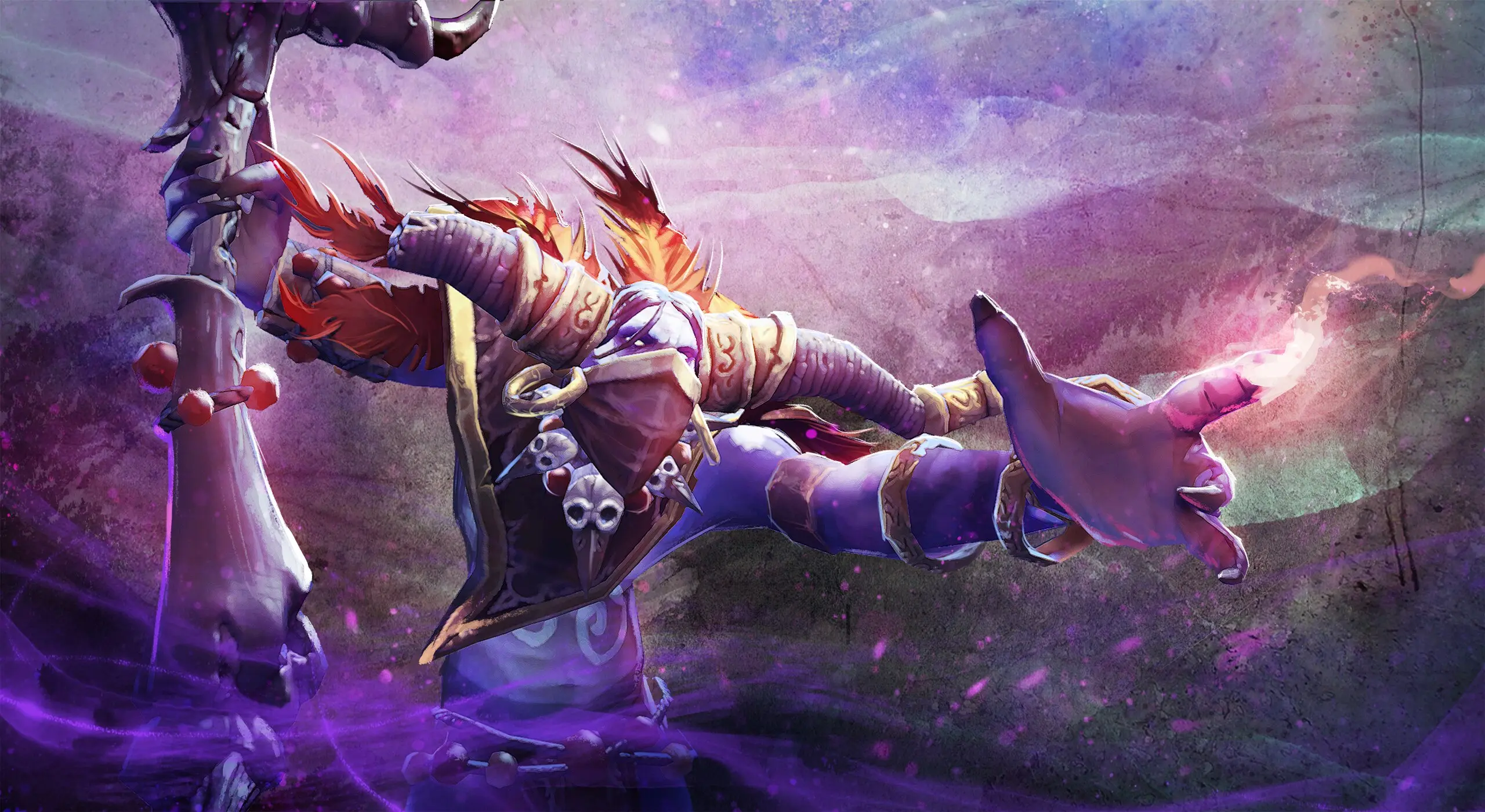
How to play Witch Doctor, the best hero in Dota 2 7.34
The Doctor is in.
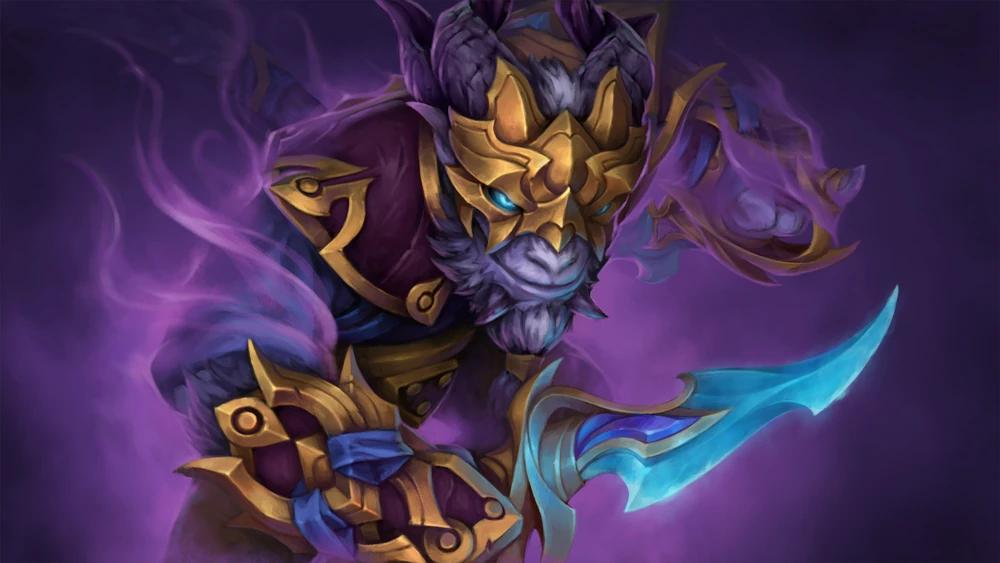
The new best heroes of Dota 2 7.34
Start queueing up sentries and Spirit Vessels.
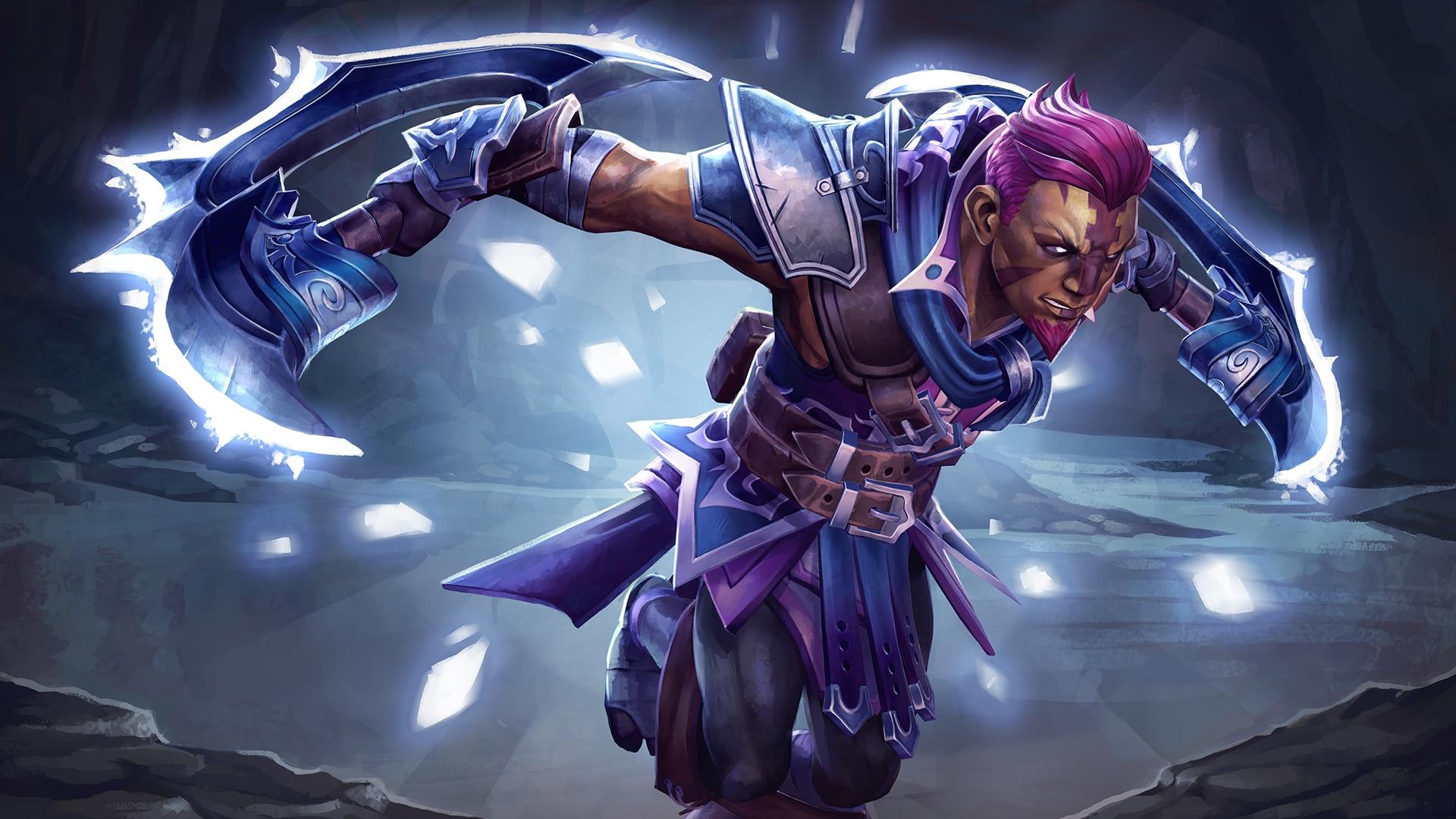
Dota 2 finally has a punishment for breaking items
If you want to BM, it’ll cost you.



